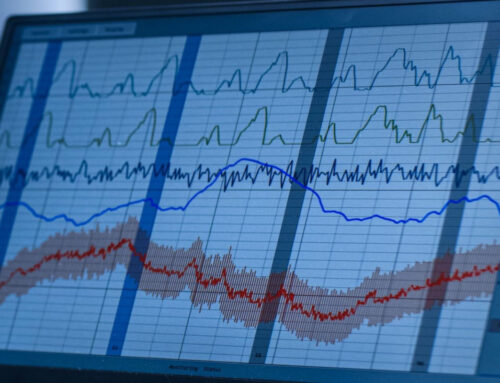Polygraph tests—commonly known as lie detector tests—have long sparked debate, fascination, and plenty of misconceptions. From courtroom dramas to workplace screenings, many people believe polygraphs are foolproof. But how much of what you’ve heard is true?
In this article, we’ll separate myths from facts about lie detectors and explain what polygraph tests really reveal.
Myth #1: Lie Detectors Can Read Your Mind
Fact:
Polygraphs do not detect lies directly or read thoughts. Instead, they measure physiological responses like heart rate, blood pressure, respiration, and skin conductivity. These reactions are indicators of stress or arousal, which may be linked to deception—but they are not conclusive proof.
Myth #2: Polygraph Tests Are Always Admissible in Court
Fact:
In many jurisdictions, including federal courts, polygraph test results are not admissible as evidence due to questions about reliability. Some states allow them under specific agreements, but it’s not a legal standard across the board.
Myth #3: You Can Easily Trick a Polygraph Test
Fact:
There are plenty of myths about beating a polygraph, like biting your tongue or controlling your breathing. In reality, trained examiners can often detect such attempts. While no test is foolproof, deliberate manipulation typically makes results inconclusive, not favorable.
Myth #4: All Reactions Mean You’re Lying
Fact:
A physiological response may indicate nervousness, fear, or confusion—not necessarily deception. That’s why qualified examiners conduct pre-test interviews, ask control questions, and analyze data carefully before reaching conclusions.
Myth #5: Polygraph Examiners Are Just Technicians
Fact:
Professional polygraph examiners are trained in both psychological evaluation and forensic science. They interpret complex data, follow strict procedures, and must be certified through reputable organizations to ensure accuracy and ethical practices.
So, What Do Polygraph Tests Really Reveal?
Polygraph tests are tools to measure stress-related responses. When administered by skilled professionals, they can offer valuable insights—especially in legal, employment, or investigative contexts. However, they are not magic truth machines and should be used as part of a broader strategy, not the sole basis for major decisions.
When Should You Consider a Polygraph Test?
-
Legal investigations
-
Pre-employment screenings
-
Infidelity or relationship disputes
-
Corporate theft or fraud cases
In all cases, work with a reputable polygraph service that follows legal and ethical standards.
Understanding the truth behind polygraph tests can help you make informed decisions. Whether you’re an attorney, employer, or private individual, it’s crucial to know what polygraph testing can—and cannot—reveal.
Ready to Schedule a Polygraph Examination?
Get accurate, confidential results from licensed professionals. Contact our experienced team today to book your polygraph test.







Leave A Comment